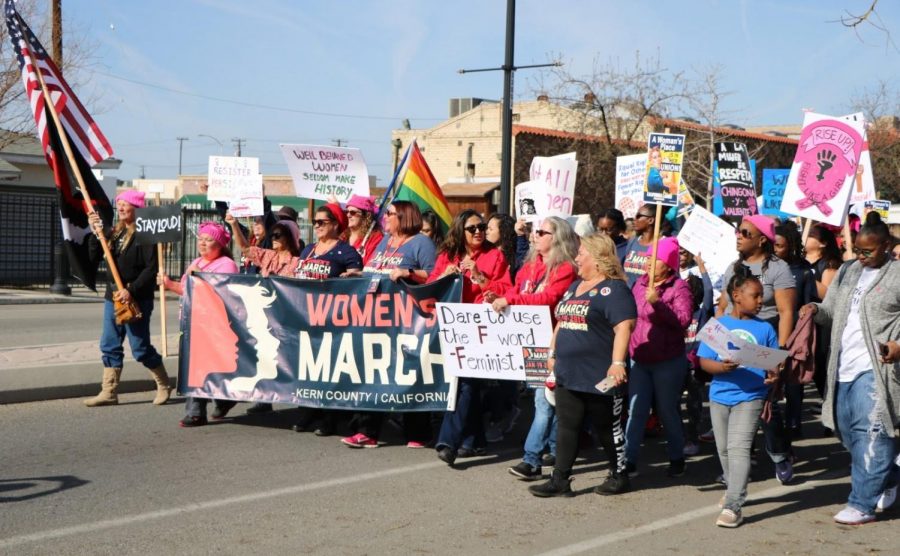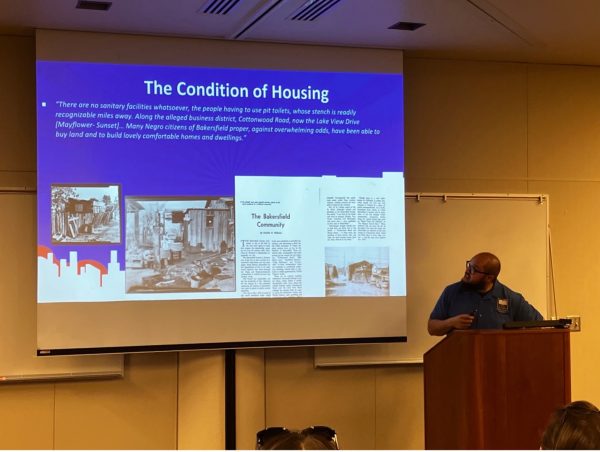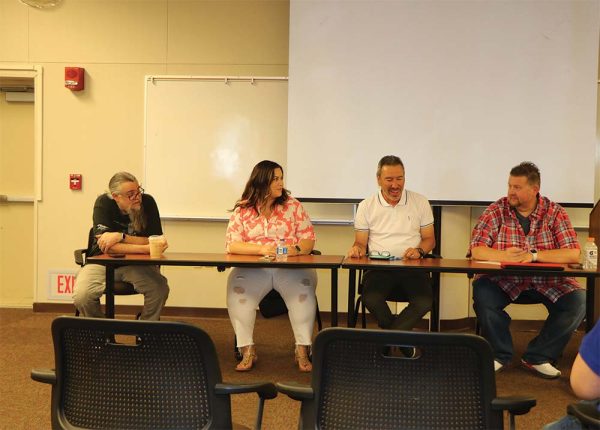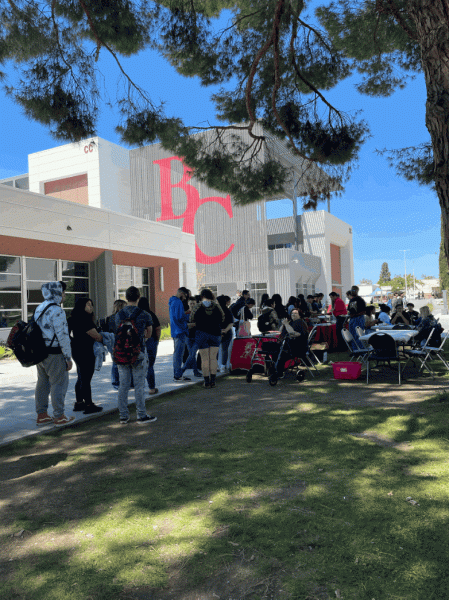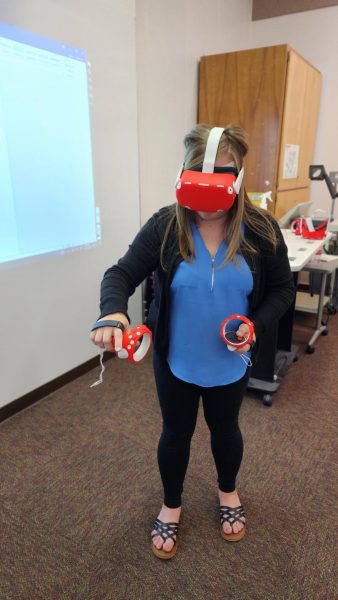The annual Women’s March goes virtual in Kern County
Supporters march through Mill Creek Park in the 2019 Women’s March Kern County in downtown Bakersfield, Jan. 2019.
January 25, 2021
The 2021 Women’s March Kern County took a different approach than previous years and was held virtually this year on Jan. 23. The annual event was live streamed over zoom due to the pandemic and California’s stay-at-home order.
This Women’s March began a mere four years ago nationwide after former President Trump’s inauguration in 2017. Since then, there have been thousands of people around the nation and in some parts of the world that have attended these marches.
The march is a global organization that advocates for addressing social issues, ending violence against women, labor rights, LGBTQ rights, along with many more causes.
The march was hosted on zoom from noon to 2:00 p.m. and was later posted via YouTube so more people would be able to view the event.
This year’s Women’s March central theme was empathy, courage, and hope. To bring the theme’s messages, the virtual march included a variety of women guest speakers, performers, and more.
The zoom event was hosted by NaTesha Johnson and included many different prominent women of Bakersfield ranging from a young eighth-grade activist to a great grandmother who has been an activist since the 70s. Their age was not the only thing that diversified the speakers and performers, there were people of different ethnicities, pronouns, and backgrounds making it a very inclusive event.
Women’s rights wasn’t the only main point of interest, the 2021 inauguration of President Joe Biden and Vice President Kamala Harris and the end of Trump’s presidency was a recurring topic in many of the speakers’ speeches.
“It’s a new day, a new year, a new administration, a new beginning,” said guest speaker Reverend Nancy Bacon, an ordained minister in the United Church of Christ, and active with global ministries in Tijuana and Uganda.Many of the speakers spoke highly of the new Vice President Harris. They collectively praised her for not only being the first woman vice president in history but as well for being the first person of color in history.
Speaker Raji K. Brar, a business owner and community leader in the Central Valley said, “The women’s march was birthed out of rebuke to the patriarchy and the misogyny that permeated the White House, four years later we have put a woman in that same White House.”
Most of the speakers said they are hopeful about what the next four years must hold with the ushering in of the new administration many still warned that there are still injustices to overcome.
Some spoke of the racial injustices that have been occurring for decades and pointed out that we are still fighting to overcome them, while others brought light to the struggles that many LGBTQIA+ people are continuing to face and how for many these struggles have gotten worse during this pandemic.
Olivia Garrison, a LGBTQIA+ activist said, “According to the Trevor project Covid-19 has had serious implications for the mental health of LGBTQ youth, queer and trans kids have faced a bombardment of hardships.”


